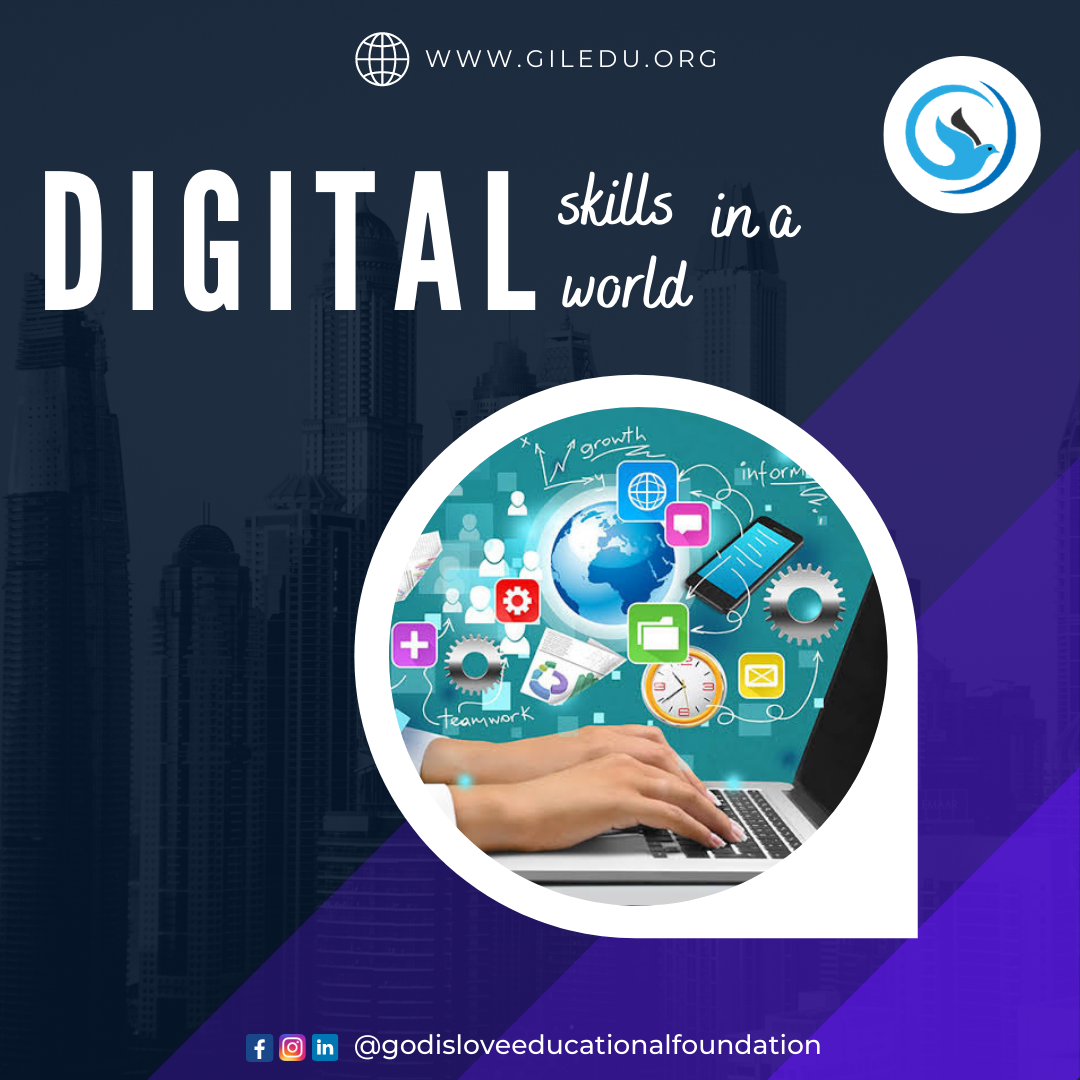
DIGITAL SKILLS IN A DIGITAL WORLD
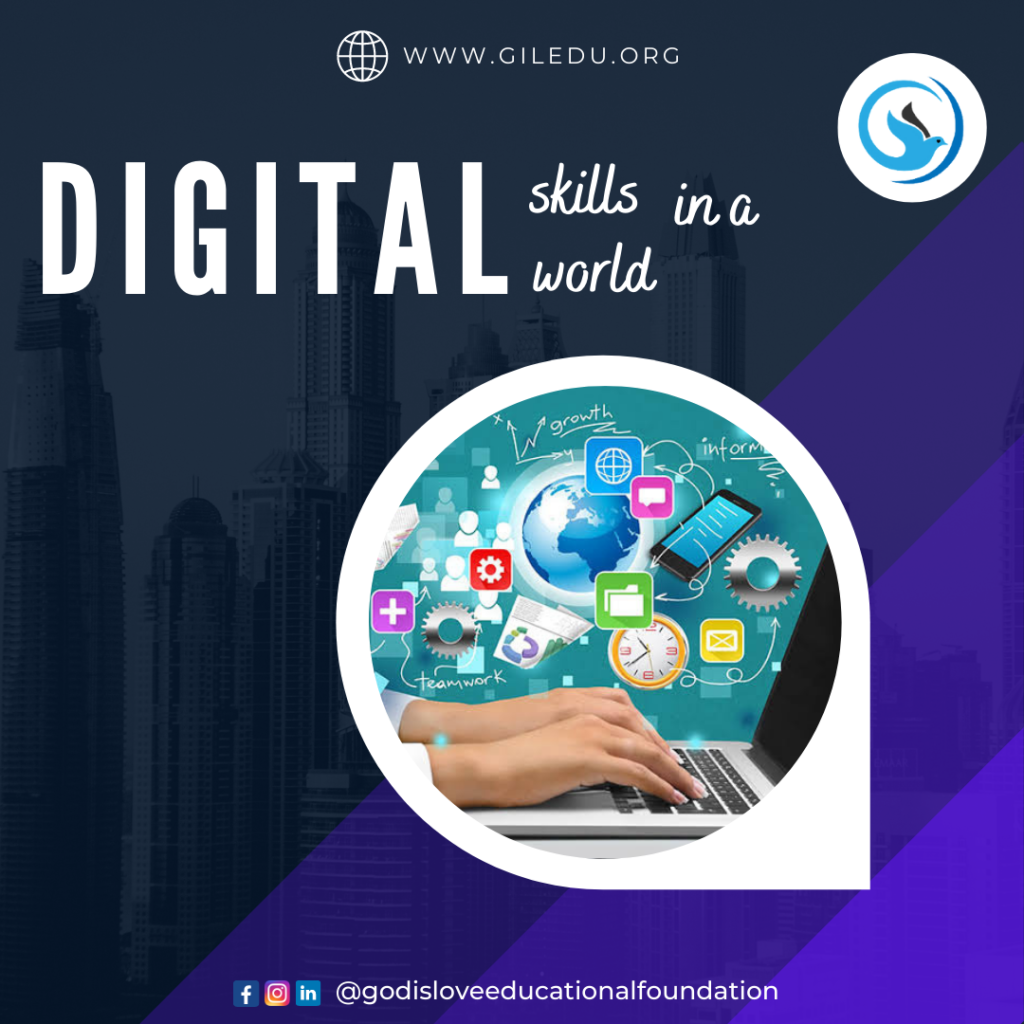
What are digital skills?
The subject of digital skills is a topic that has been subject to varying interpretations about its definition and scope seeing that it is a relatively new concept. According to the United Nations Educational, Scientific and Cultural Organization (UNESCO), these skills include a range of abilities to use digital devices, communication applications, and networks to access and manage information. In other words, digital skills simply refer to the ability to understand, manipulate, and use the Internet and other digital innovations optimally and effectively to solve day-to-day problems and create solutions. These skills enable people from different backgrounds all over the world and separated by space and time to create, curate and share digital content, communicate effectively and collaborate seamlessly, and solve problems creatively to achieve self-fulfilment in life, and learning, work and social activities.

The constant evolution of the world to a technology-driven one drives the urgent necessity of possessing these digital skills as manual labour gradual becomes phased out over time. According to a 2017 study from the European Commission, about 93% of European workplaces now use computers, with 94% utilizing broadband internet to run their day-to-day activities. It, therefore, becomes a prerequisite to be able to carry out basic functions on these digital tools as the same study found out that at least 90% of certified professionals are now required to possess at least basic digital skills, while the percentage increased to 98% in the managers’ category. It is no longer strange that in many workplaces today, basic manual skills do not suffice anymore as at least 50% of professionals and technicians, and 30% of managers are required to have specialist digital skills.

This trend is not only limited to Europe as a US study from Burning Glass for Capital One also found that 82% of middle-skill jobs now require basic digital skills. The United Nations also reports that the estimate for the value of the digital economy varies from 4.5% to 15.5% of world GDP as digitally deliverable service exports now account for about 50% of service exports with a total value of $3 trillion. However, it is quite unfortunate to note that majority of the average citizens have no knowledge or possession of digital skills. According to the Department for Education in the UK, 10% of working adults in the country do not have any basic digital skills. The European Commission also found that 38% of workplaces suffered negative results as a consequence of a lack of digital skills. These statistics become disheartening when it shines a light on Nigerian society.
According to an article published by the Palladium Group, about 55% of the Nigerian youth population is either underemployed or unemployed majorly due to a disparity between the job market and the skills youth are trained in. The article found that most Nigerian graduates feel better prepared for further education than actual employment, and rate themselves low on the competencies required to enter the workforce. Further research among 600 management staff responsible for hiring staff for firms found a glaring discrepancy of about 65% between the expected and actual skills of graduates, especially in communication, IT, decision making, critical thinking and entrepreneurial skills. It is therefore against this background that this article seeks to present an argument for digital skills alongside traditional education, highlighting common basic skills and ways to easily acquire these skills.
Why digital skills?
The already stated statistics provide a context and explain the modern-day world as it applies to the employability of graduates in the labour market. There has been a major shift in the trend of required skills for employment even as the whole world gradually shifts to digitization and technology. As a result, new and previously unheard-of roles have come into existence due to the advent of the Internet and new digital skills. 30 years ago, positions such as web analysts, and social media consultants were unheard of and at best, only imagined. Thus, as these roles gradually come into existence, acquiring digital skills will allow you to compete superiorly in this context and get gainful employment. It is becoming certain that the world is moving towards a point in the nearest future where all non-manual roles will depend solely on technology and digital skills to function and as such, acquiring these skills becomes inevitable.

The need for digital skills is also becoming more pronounced as one climbs the career ladder and will become necessary for those seeking due promotions. This is a result of various innovative software that now makes carrying out management tasks more effective, less prone to error, easy to manage and much more profitable. Employers and firm owners now prefer the use of digital solutions in the day-to-day running of their affairs and as a result, would be more likely to employ only those who possess such skills. A study conducted by Burning Glass in the UK recently found that advertisements for 83% of high-skill jobs and 85% of mid-skill jobs now specifically called for digital skills as a prerequisite to employment. This trend is predicted to further increase due to increasing specialization in the workplace daily.

Digital skills also have the potential to boost the career of those who want to embrace the flexibility of freelance work. Freelance work is an emerging workplace that has experienced drastic growth in recent times. Due to the Coronavirus pandemic and the resultant work-from-home policy, there has been a gradual transition of work from the traditional office space to the freelance world where the employee can simply work from the comfort of his bedroom. Employers can now assign tasks to willing freelancers on the internet without worrying about the office conditions as the freelance dictates his office space. Also, to the freelancer, he can choose to export his skills to multiple employers in the digital world across space and time without necessarily being tied to one. This way, he can maximally monetize his knowledge and skills, dictate his income and choose his working conditions. However, to be a profitable freelancer requires a working knowledge of the Internet space and digital devices. With the right skills, software and a good internet connection, anyone can be a digital freelancer.
Common Digital Skills and their Importance
Social Media Management
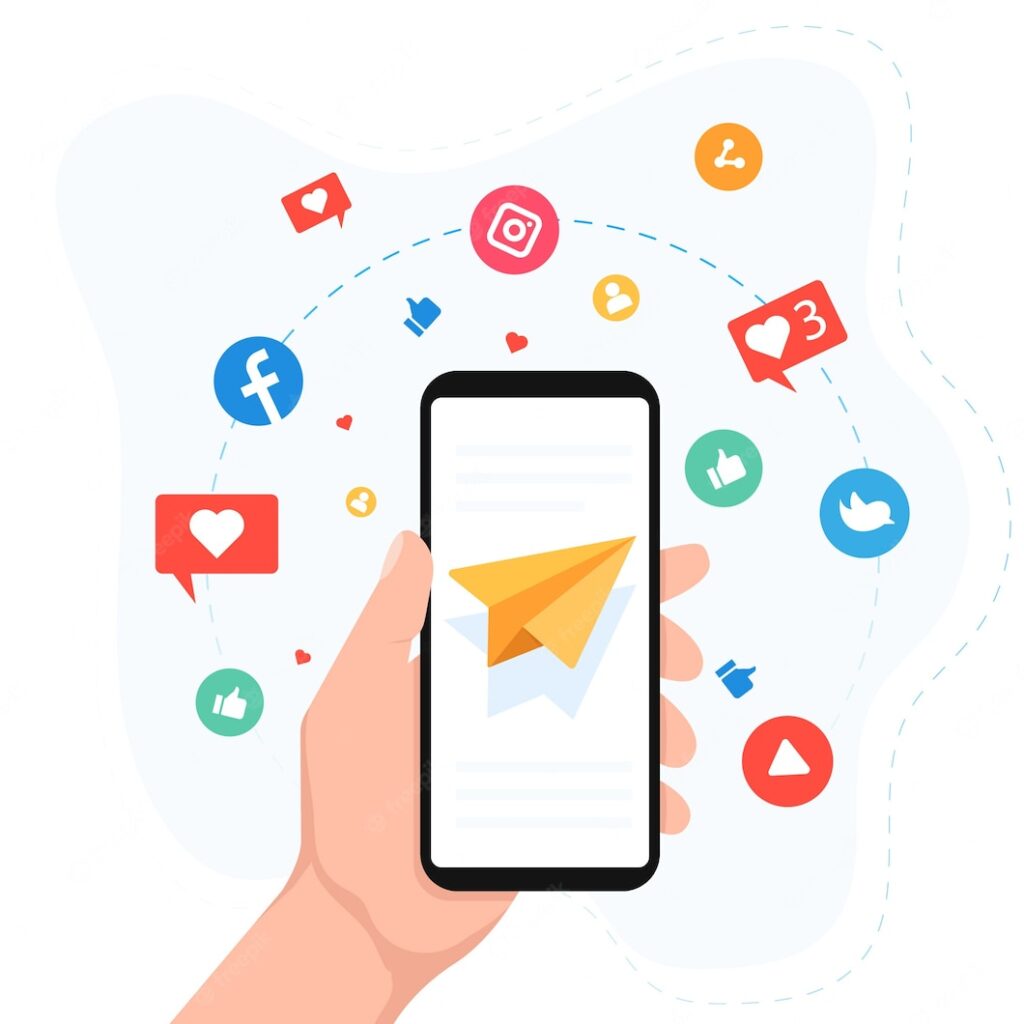
According to Digitalmarketinstitute.com in 2021, there are about 4.2 billion active social media users worldwide. Of these, about 4.15 billion, representing about 98.8%, are active users on mobile devices due to easy access and navigability. This very high number of users makes social media a lucrative market for firms to advertise their products and services to a wide and diverse audience cheaply. Thus, the ability to understand, manipulate and use social media effectively becomes a core and valued skill required of most professionals. Companies and firms prefer applicants with a high number of followers, good visibility and perception on social media to boost their brand image and market reach. Social media marketing goes beyond posting a random tweet or untargeted Facebook update; it is about understanding the dynamic relationship between brands, influencers, consumers and the algorithms that make social media work.
Search Engine Marketing/Optimization
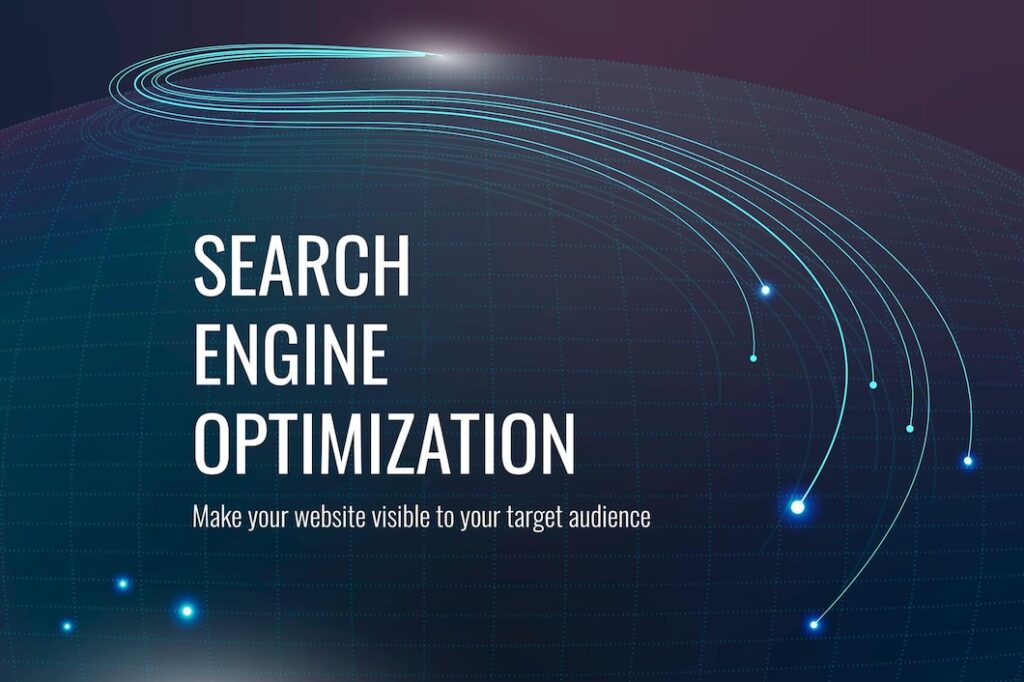
Another critical digital skill that most firms consider when recruiting workers is the understanding of Search Engine Marketing/Optimization. About 81% of internet users search online for a firm’s location, product or service to buy with Google, thereby accounting for about 70% of Internet traffic per day according to Digitalmarketinstitute.com. A concrete understanding of Search Engine Marketing (Optimization) helps to convert this huge traffic into profitable sales by placing targeted adverts that rank higher and is easily seen by the potential client. It is therefore obvious that employers would prefer an employee who can help grow their business through sales than one who would rather be a liability in terms of salary expenses, healthcare insurance and other allowances.
Content Marketing

Content comes in diverse and various forms; blog posts, videos, podcasts, infographics, and even targeted social media updates. The contents are certainly not random and are often crafted to inform, educate, sell, publicize and market a product or available services, hence the name CONTENT MARKETING. Sales in any firm, establishment or company are driven by the content it creates to inform the audience and potential buyers. Even websites, social media pages and adverts require content to make sales and without it, customers have no way of understanding the benefits, advantages and necessity of a product or service. In simpler terms, content creation is crucial in driving brand awareness. A deep understanding and skilful expertise in creating excellent content place anyone at a higher advantage of being employed anywhere, or even making profitable sales in a self-owned business.
Data Analytics/Analysis

Data, as we all know, is raw unprocessed information. This means that data can provide anyone with enough knowledge and skill for manipulation, a wealth of information that – if used correctly – can result in effective marketing campaigns that would help firms and businesses drive conversions, sales, and revenue. Data analytics/analysis is that skill that allows anyone to make educated decisions, as a result of data manipulation and analysis, to drive better business insights. A data analyst would therefore be an essential, high-demand staff of any firm or business that aims to drive sales and make profits. Possession of such skill would enable anyone immune to unemployment due to its’ present scarcity.
Developing a Digital Skill; The Way Out
Learning any new skill is hard and requires loads of commitment and concentration from anyone irrespective of their previous abilities. Digital skills require more than just willingness and superficial dedication to their learning. There must be a lasting commitment to the acquisition of these skills as they get more defined each day.
Self-Learning
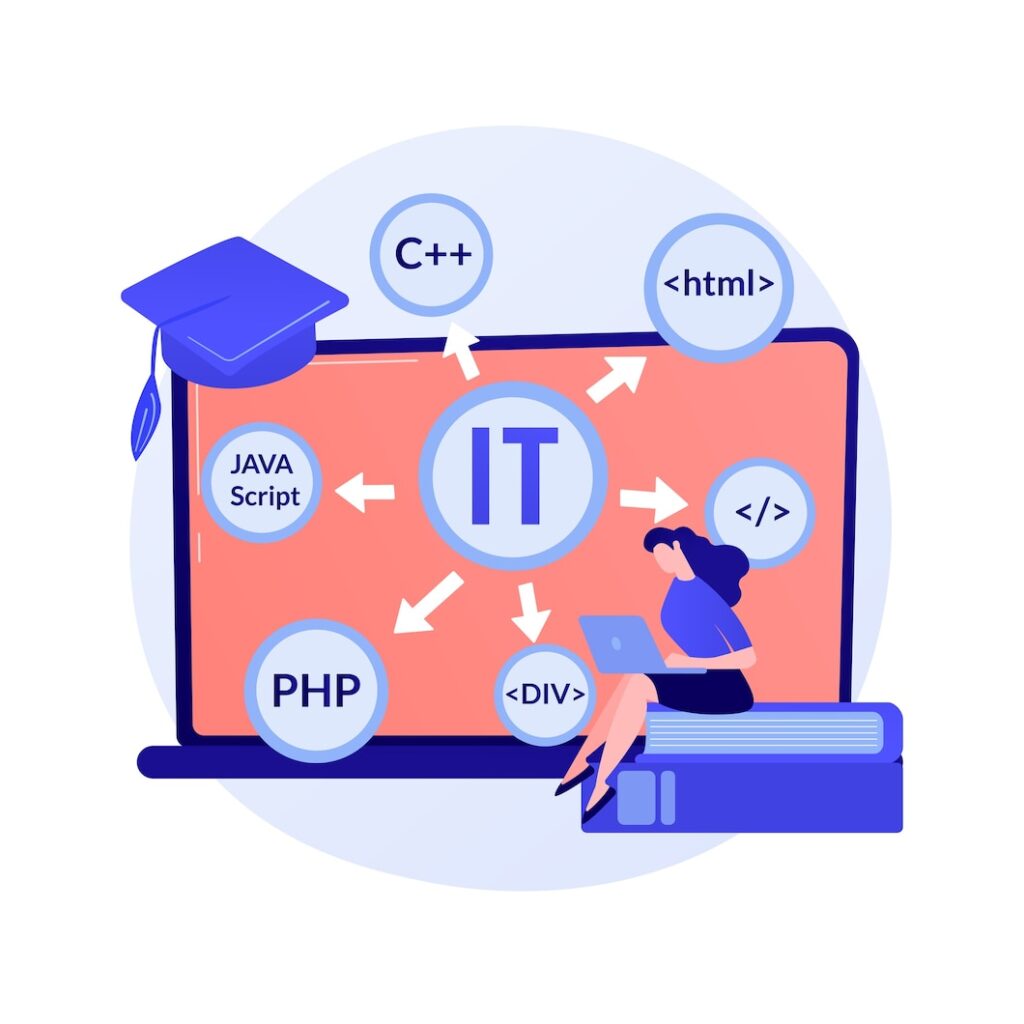
In the words of Brian Herbert;
“The capacity to learn is a gift; the ability to learn is a skill; the willingness to learn is a choice.”
Acquiring any digital skills starts with a willingness and interest to learn one. One must deliberately commit his time and resources to learn any of his choices.
Free Online Courses, Bootcamps, Hackathons and Internships

There is a minimal integration of digital skills into the educational curriculum at present, and as such it is impossible to depend on formal training received in schools and higher institutions. However, with the recent introduction of several EdTech start-ups and virtual learning platforms such as edX, Coursera and several others, it becomes possible to learn these skills outside school walls. Also is the role of boot camps, hackathons and internships, where advanced skills can easily be acquired.
Ayomide Emmanuel Oyekan,
The Editorial Team,
God Is Love Educational Foundation.

This is a publication of God Is Love Educational Foundation. Thank you for reading this enlightening article. We hope you enjoyed it? Kindly leave your comments in the comment section below.




